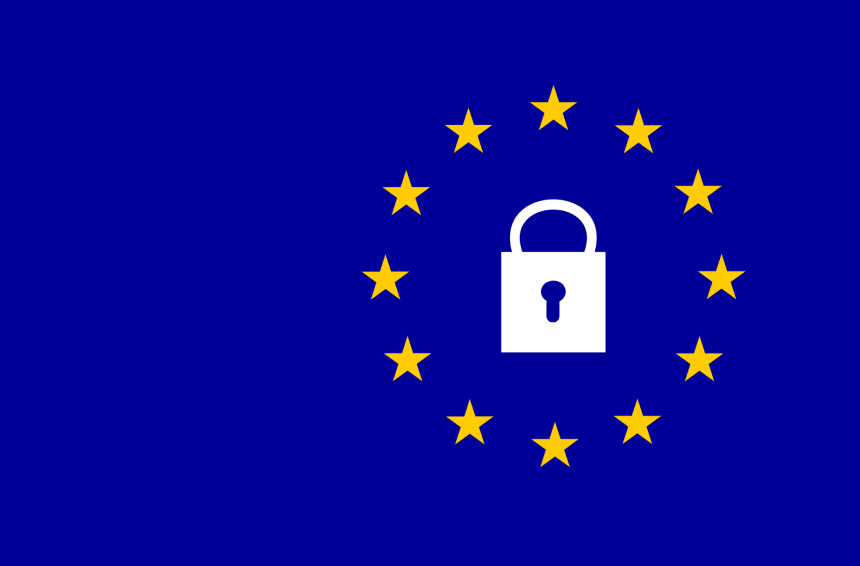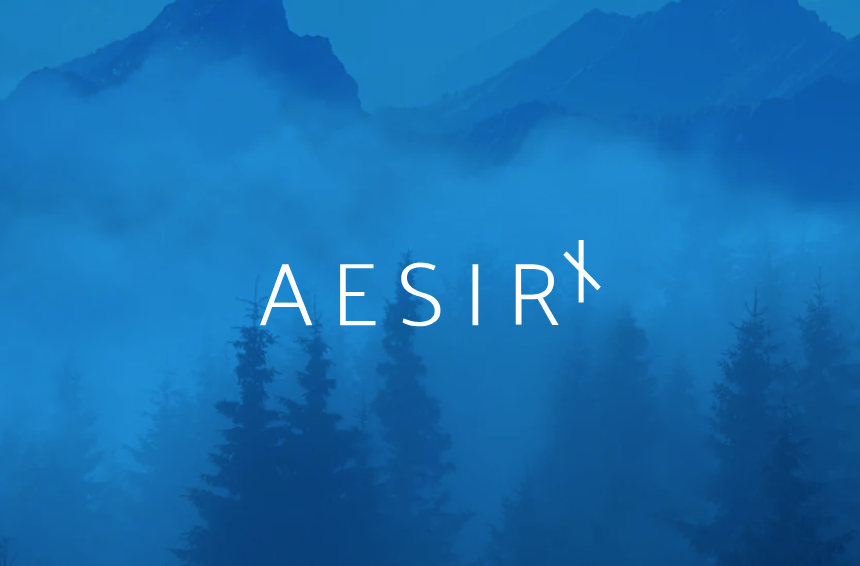1. Data Subject Rights Under PDPD
These are the fundamental rights that allow users to control and protect their personal information. Understanding and respecting these rights is critical for businesses because it has a direct impact on customer trust and interactions. Users will feel more at ease when interacting with a company if they know their data is secure and that they have control over how it is used.
According to Article 9 of the Personal Data Protection Decree 13, data subjects have the following 11 fundamental rights:
- The right to be informed
Data subjects have the right to be fully informed about the collection of their personal data, the purpose of the data collection, and who has access to this data. - The right to consent
Data subjects have the right to give or withhold consent to third-party collection and processing of their personal data. - The right to access
Data subjects have the right to access, view, amend, or request changes to their personal data. - The right to withdraw consent
Data subjects have the right to withdraw their consent to the collection, use, or disclosure of their personal data at any time. - The right to data erasure
Data subjects have the right to request that their personal data be deleted or removed when it is no longer required for the original purpose or has been processed unlawfully. - The right to limit data processing
Data subjects have the right to request that their personal information be restricted from being processed. The processing request must be completed within 72 hours and applies to all personal data requested by the data subject. - The right to data portability
Data subjects have the right to request that the data controller and processor provide them with their own personal information. - The right to object to data processing
Data subjects have the right to object to the collection, use, or disclosure of their personal data at any time. The processing request should be completed within 72 hours. - The right to file complaints, denunciations, or lawsuits
Data subjects have the right to file complaints, denunciations, or lawsuits against any unlawful collection or processing of their personal data. - The right to seek restitution for damages
Data subjects have the legal right to seek restitution for their losses. - The right to self-defense
Data subjects have the right to protect their own personal data.
Read more:
The Alarming Situation of Personal Data Buying and Selling in Vietnam - How to Prevent It

2. Personal Data Protection in Advertising and Marketing
Personal information is a valuable resource for businesses and individuals who provide advertising and marketing services. They can understand their customers' needs, preferences, purchasing behavior, and more by collecting and analyzing their personal data. With this knowledge, they can create and implement more effective advertising and marketing campaigns that target the right audience at the right time with the right content. This helps to increase sales, build credibility, and foster stronger customer relationships.
However, not everyone follows the principles and regulations of personal data protection in advertising and marketing. Some businesses and individuals use their customers' personal information for illegal purposes, such as:
- Illegally collecting and trading personal data on the Internet without the consent of the data subject. This is a violation of personal data protection and privacy rights.
- Using personal information to send annoying advertising and marketing messages, wasting users' time and resources. Making unsolicited calls, for example, to advise users on products or services in which they have no interest or need.
- Using personal data to send misleading, non-transparent, and fraudulent advertising and marketing information that may financially or negatively impact users' reputation. For example, spoofing phone calls or emails from reputable organizations in order to obtain personal information or payments from users.
Decree 13/2023/N-CP establishes clear guidelines for personal data protection in advertising and marketing activities:
- Businesses and individuals providing marketing and advertising services must only use personal information collected from their own business activities with the consent of their customers.
- Before using personal data for marketing and advertising purposes, customers must give their explicit consent. Customers should be fully informed about how their data will be used (content, methods, forms and frequency of advertising).
- Businesses and individuals must demonstrate compliance with regulations regarding the use of personal data of customers.
Individuals and businesses in the advertising and marketing industry must follow these regulations to avoid legal repercussions.

3. AesirX: A Marketing Solution for the Data Protection Era
Compliance with the law and improving business efficiency are critical for managers and business owners. This is not an easy task, however, because data protection regulations in Vietnam are still relatively new.
R Digital is a pioneer in the field of privacy and personal data protection. The company specializes in providing technology solutions to customers all over the world. The AesirX solution provided by R Digital not only helps users and businesses execute effective marketing campaigns, but it also ensures PDPD compliance and adherence to the General Data Protection Regulation (GDPR). Some noteworthy features include:
- Data collection and website analysis to gain insights, understand user needs and behaviors, and optimize marketing campaigns to target the right audience.
- Support creative content with ChatGPT and automate multi-channel posting on social media at once, saving time and easing management.
- CRM, DAM, PIM, BI, and other business support tools.
Furthermore, AesirX employs the "decentralized consent" feature to ensure the absolute security of users' personal data. This innovative technology gives users complete control over the sharing of their personal data with third parties.
AesirX provides four levels of consent for data collection, ranging from level 1 (allowing collection for 30-minute sessions) to level 4 (allowing collection or withdrawal of consent at any time). Users can select the level that best suits their needs and preferences. If they choose level 4, they will use their WEB3 ID in conjunction with the Web3 Wallet to protect their personal information on the blockchain at the highest level of security.
The new feature provides numerous benefits to businesses, including:
- Increased trust and credibility: The “decentralized consent” feature assists businesses in respecting user privacy and adhering to PDPD and other data protection requirements. This fosters trust and demonstrates a company's commitment to safeguarding its customers' personal information.
- Increased marketing effectiveness: By giving users control over their personal data, businesses can receive more accurate and reliable information. This improves the effectiveness of marketing campaigns by ensuring that advertisements and marketing efforts reach the right target audience, increasing the chances of converting them into actual customers.
- Compliance with PDPD and other laws: AesirX helps businesses adhere to the stringent requirements of PDPD and other relevant regulations. Ensuring PDPD compliance not only reduces legal risks, but also creates a favorable environment for long-term business development.
AesirX is more than just a technology solution that enables businesses to run effective marketing campaigns; it also addresses a critical demand of today: personal data protection. Respecting customer privacy and adhering to PDPD is not only a business responsibility, but also a way to build trust and boost competitiveness.
If you want to learn more about AesirX - the marketing solution for the data protection era - go to https://aesirx.io/ or contact R Digital at https://r-digital.tech/contact.
Sources:









